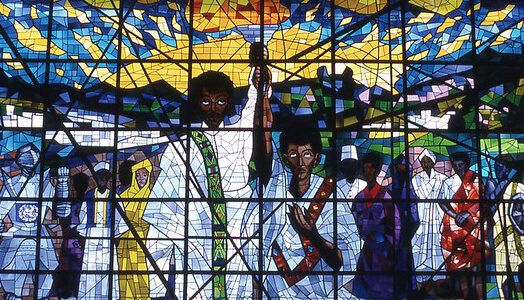In episode 4 of our interview series, “African Voices,” Alex de Waal speaks with Degan Ali, Executive director of African Development Solutions (ADESO).
Access “Degan Ali on how Black Lives Matter is also a reckoning for foreign aid and international NGOs” referenced in this podcast on “In Pursuit of Development” with Dan Banik.

